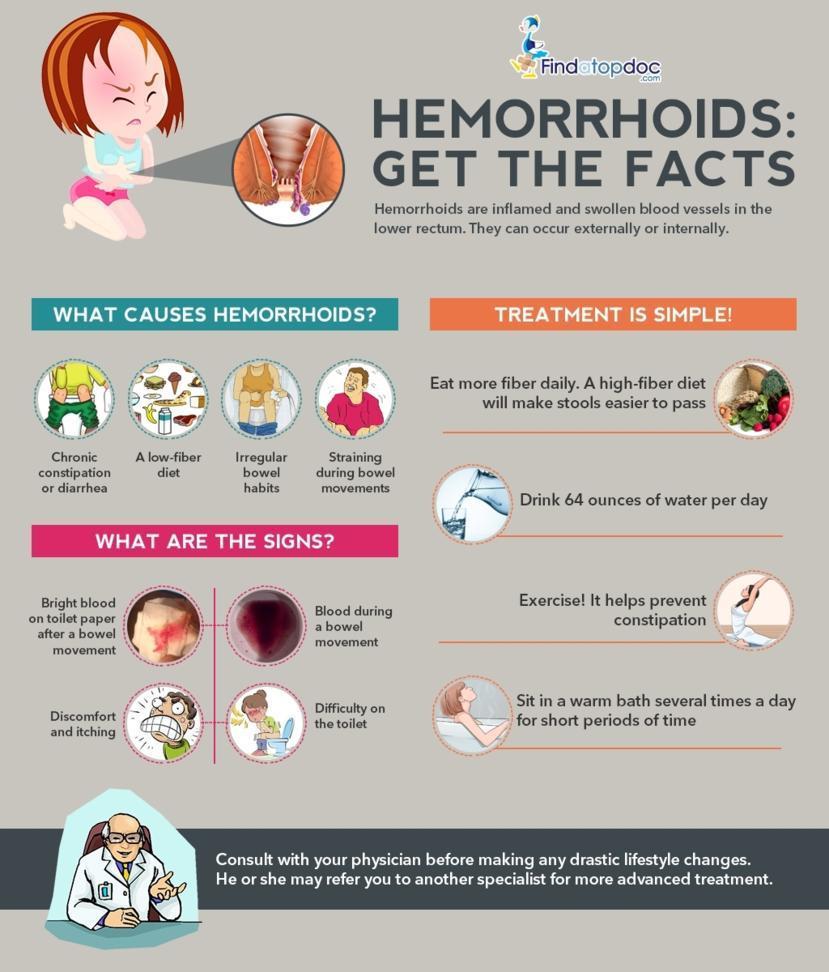

The doctor will recommend the best options for removing it, including surgery. When a skin tag is easily visible, it can be diagnosed with a physical exam. It may be a good idea to see your doctor to confirm that the bulge or lump you are feeling is a skin tag and not something else, like a tumor or blood clot. Diagnosing Anal Skin TagsĪnal skin tags are benign, but unusual-looking tags or pain may indicate something serious. People already suffering from Crohn’s disease are more likely to anal develop skin tags. As hemorrhoids shrink and heal, some stretched-out skin may remain behind, which can form a skin tag.Ĭrohn’s disease – It involves inflammation of the intestines that can result in recurring diarrhea and constipation, among other symptoms.

Hemorrhoids – They are swollen and inflamed veins in the anus or rectum. Scarring – Anal skin tags can appear after scarring when the anus heals from certain conditions, like anal fissures. When the skin fails to return to its original shape after straining or stretching, it can lead to skin tags. Too much acidity and over wiping from rough toilet paper can also lead to the formation of skin tags.Ĭonstipation – The skin has to stretch to accommodate the large or hard stool, and excessive straining can put pressure on the area, resulting in bulging blood vessels. Genetics – A family history of anal skin tags can lead to these annoyances.įriction or irritation – Skin tags can develop due to friction and irritation in the area due to exercise, prolonged sitting, or tight clothing.ĭiarrhea – Persistent loose stools can irritate the skin around the anus. There may be several causes for anal skin tags. What Causes Anal Skin Tags? Anal Skin Tags If they are not painful, they are not a concerning matter, but if they become bothersome, you can have them removed surgically. Excessive rubbing and cleaning are known ways that worsen anal skin tags. Most of the time, skin tags go unnoticed as they do not cause any painful symptoms. They are usually detected when you use the bathroom or take a shower. Skin tags on the anus are much more difficult to see. Anal skin tags are almost always benign and rarely cause pain, but they can cause discomfort and itching. What Are Anal Skin Tags?Īn anal skin tag is excess growth of skin around the anus. Anal tags are also prevalent and result from several factors related to gastrointestinal issues. These tags are commonly observed at the neck, where they result from wearing necklaces and clothing, armpits from the skin to skin friction, and clothing. Skin can develop tags at any point in time, and usually, friction is the culprit behind them. Most skin tags are small and are the same color as your normal skin or slightly darker. Skin tags are bits of soft tissue that protrude from the skin and vary in size. They can also help you prevent anal skin tags by maintaining good anal health, practicing better hygiene, and avoiding friction that could cause further complications. The top-rated gastro doctors NYC can accurately diagnose the anal growth and discuss removal options if they seem to be the only way to provide relief from the bumps or lumps in your anus. If you are concerned about your anal tags turning serious or being a warning sign of some underlying condition, schedule an appointment with nearby gastroenterologists at Manhattan Gastroenterology to have your skin growths checked using the latest technology.

They can result from hemorrhoids, scarring in the anal area, or chronic skin irritation and appear like a bump when you touch them. If you feel growths of skin around the anus that is itchy and bothersome, it may be anal skin tags. Home > Manhattan Gastroenterology Blog > What are Anal Skin Tags, and Should They be Removed? What are Anal Skin Tags, and Should They be Removed? Anal Pap Smear/High Resolution Anoscopy.UNION SQUARE 55 W 17th St Ste 102 New York NY, 10011.UPPER EAST SIDE 983 Park Ave, Ste 1D New York NY, 10028.MIDTOWN 56 W 45th St, Ste 802 New York NY, 10036.What are Anal Skin Tags, and Should They be Removed? - Manhattan Gastroenterology


 0 kommentar(er)
0 kommentar(er)
